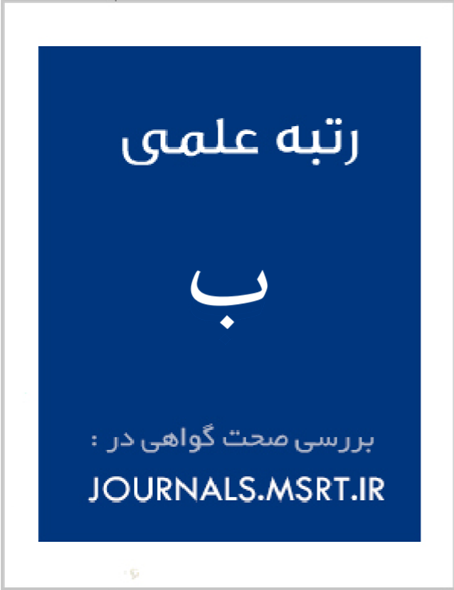A Phenomenological Analysis of the Experience of the Tension Between Personal Ethics and Religious Requirements in the University Context
Keywords:
Personal ethics, religious requirements, student, identity formation, phenomenology, universityAbstract
This study aims to provide a phenomenological analysis of university students’ experiences regarding the tension between personal ethics and religious requirements in the academic context. A qualitative phenomenological approach was employed. Eighteen students from universities in Tehran were selected through purposive sampling with maximum variation. Data were collected via semi-structured, in-depth interviews and analyzed using open, axial, and selective coding, facilitated by NVivo software, until theoretical saturation was achieved. Findings revealed that the tension between personal ethics and religious requirements manifests on three main levels: lived challenges (such as identity conflict, social and familial pressures, and psychological struggles), coping strategies (including dialogue, flexibility, seeking personal spirituality, and resistance or compliance), and individual/social outcomes (such as identity transformation, changes in self-satisfaction and relationships, and reconsideration of religious beliefs). Gender, family, and cultural differences were found to influence the experience and management of these tensions. This study demonstrates that the tension between personal ethics and religious requirements is a multidimensional phenomenon affecting students’ identity, mental health, and relationships. Creating dialogue spaces, teaching identity negotiation skills, and providing counseling support are essential for better managing such ethical and religious conflicts.
Downloads
Downloads
Published
Submitted
Revised
Accepted
Issue
Section
License

This work is licensed under a Creative Commons Attribution-NonCommercial 4.0 International License.


